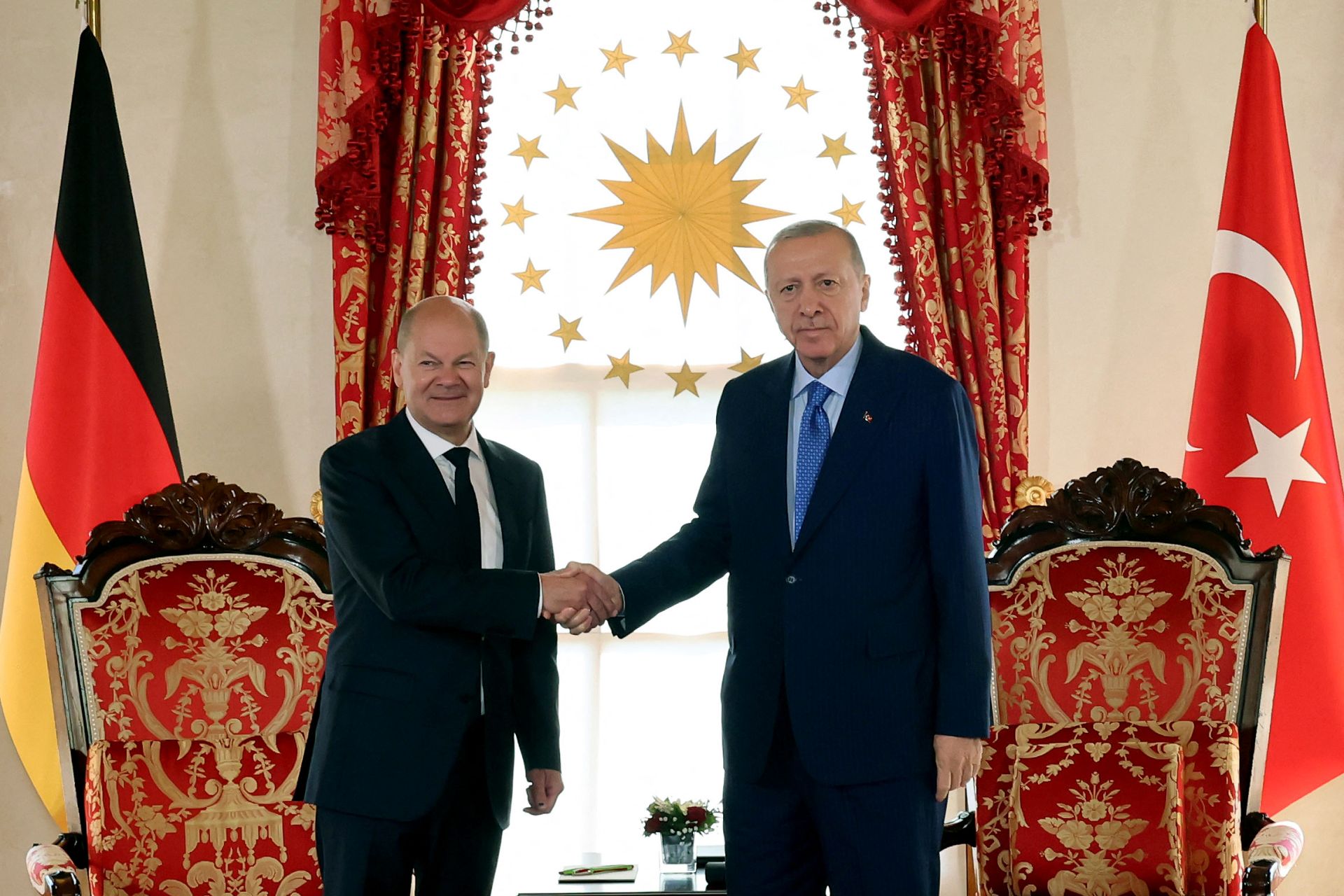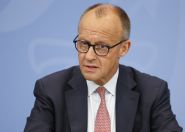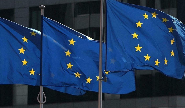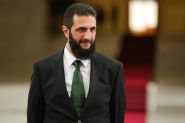- Home
- Middle East
- Scholz, Erdogan Progress on Defence Talks but Clash on Middle East

This handout photograph taken and released by Turkish Presidency Press Office on October 19, 2024 shows Turkey's President Recep Tayyip Erdogan (R) shaking hands with German Chancellor Olaf Scholz during their meeting at the Dolmabahce Presidental Office in Istanbul. ©Turkish Presidental Press Service / Turkish Presidency Press Office / AFP
Turkey's Recep Tayyip Erdogan thanked Germany's Olaf Scholz for his help in advancing a defence contract following talks in Istanbul on Saturday, although the pair remained starkly at odds over the Middle East crisis.
The German chancellor arrived on Friday night for his first visit since March 2022 with tensions in the Middle East high on the agenda alongside migration and other bilateral issues.
"We expect all political actors to take the initiative and put a stop to Israel's aggressive policies," said Erdogan, denouncing "the genocide carried out by Israel in the Palestinian territories and the attacks in Lebanon".
But Scholz said Germany did not accept the claims that there had been a genocide and insisted that Israel had a right to defend itself from attack.
"Germany does not consider... that the accusation of genocide is legitimate and justified," he said, calling for a ceasefire and the release of hostages held by Gaza's ruling Hamas movement.
Turkey's relations with Germany -- home to Europe's largest Turkish diaspora of three million people -- are sensitive and Berlin has voiced concerns over the state of human rights and democracy under Erdogan.
The Israel-Hamas war has further strained ties, with Scholz and Erdogan clashing over the conflict in Berlin in November.
Erdogan is a fierce critic of Israel's military campaign in Gaza and its recent push into Lebanon, but Berlin is a strong supporter of Israel and has defended its right to self-defence.
Eurofighter progress
Despite their differences, Erdogan acknowledged Scholz's efforts to lift German restrictions on defence sales to Turkey, notably Ankara's desire to buy 40 Eurofighter Typhoons.
"We wish to leave behind the past difficulties in the context of the supply of defence industry products and develop our cooperation," said Erdogan, expressing his "appreciation" for Scholz's efforts to find solutions to the issues.
The Eurofighter Typhoons are built by a four-nation consortium grouping Germany, Britain, Spain and Italy. Although London is leading the talks with interested parties, any of the four nations can veto a sale.
Last year, Ankara said it was keen to acquire Eurofighter jets but the talks have been slow to get off the ground, largely because of Berlin's opposition to Turkey's stance on the Gaza conflict.
"Turkey is a member of NATO and that's why we always take decisions that lead to concrete deliveries," Scholz said.
"There are certain projects that are just getting started... one that the UK government is taking forward and for which negotiations have now begun," he added, referring to the London-led negotiations with Ankara over the Eurofighter jets.
Speaking to journalists in Brussels on Thursday, he said that Berlin was in favour of the talks.
According to the German weekly Der Spiegel, Berlin recently authorised major arms deliveries to Ankara, including anti-aircraft missiles worth several hundred million euros.
This marks a clear change of direction, after Germany drastically reduced its arms exports following the Turkish offensive in Syria in 2016.
Turkey's door 'open'
Trade relations between Germany and Turkey have now reached $50 billion, Erdogan said on Saturday, expressing hope to increase that figure "to $60 billion".
On the migration issue, Erdogan said there were currently around 3.5 million Syrian refugees in Turkey and that Ankara would not close the door to them.
"Our door has been open for refugees coming from Syria. It is still open... (and) for those who come from Lebanon," he said.
Scholz thanked Erdogan for Turkey's efforts to help tackle migration and said Germany would continue to support Ankara with the influx of migrants coming from Syria.
With AFP
Read more



Comments